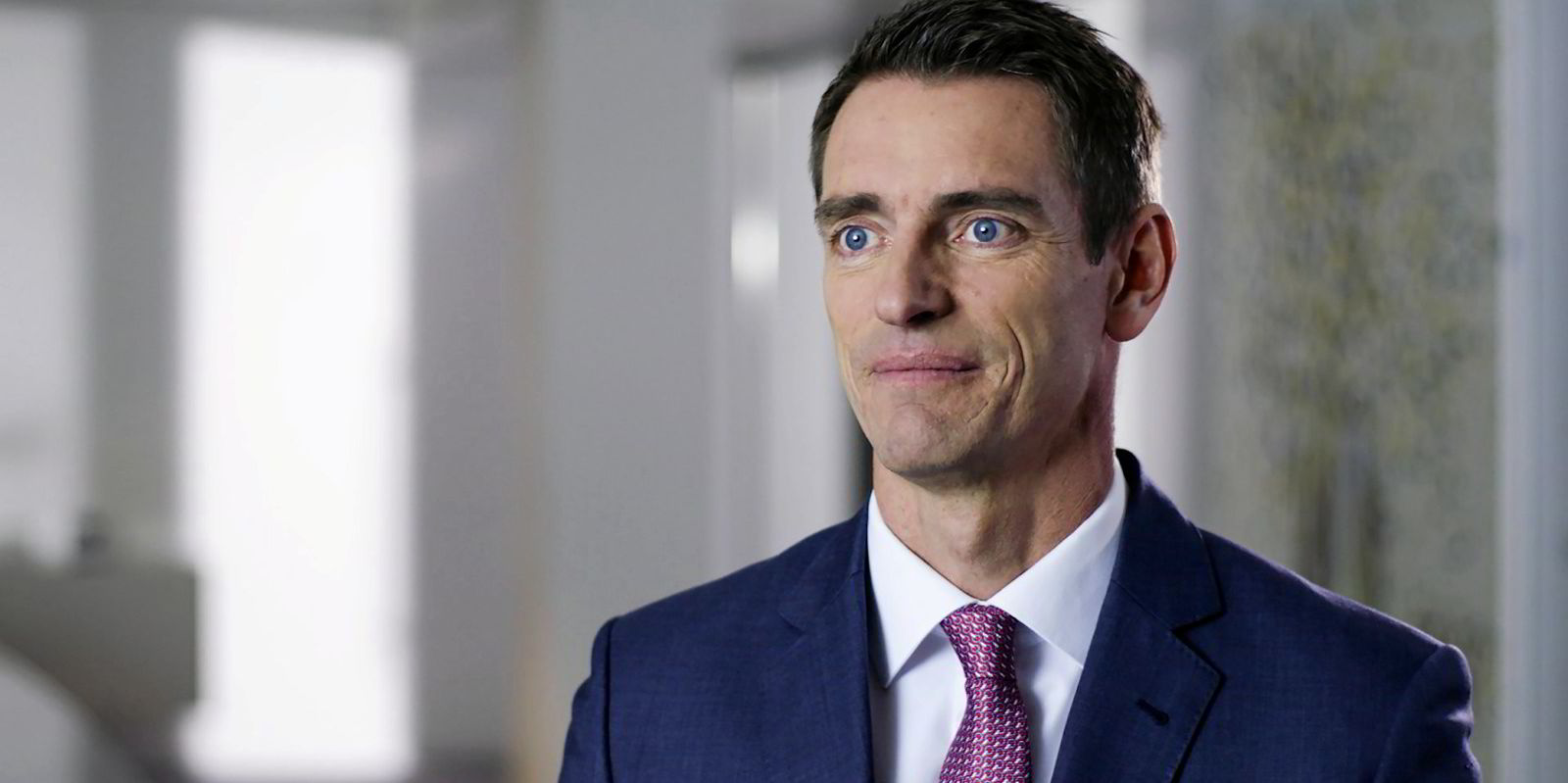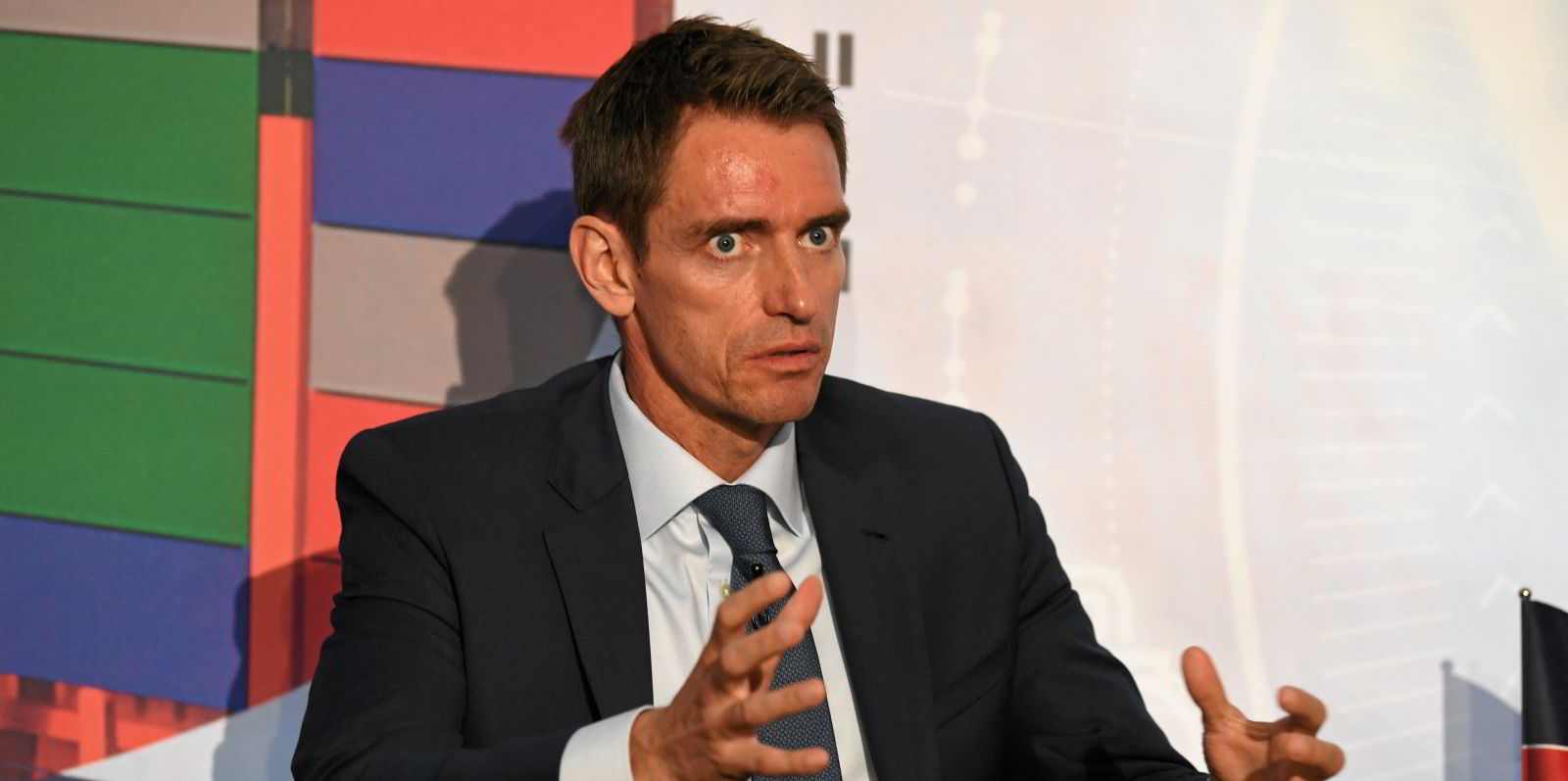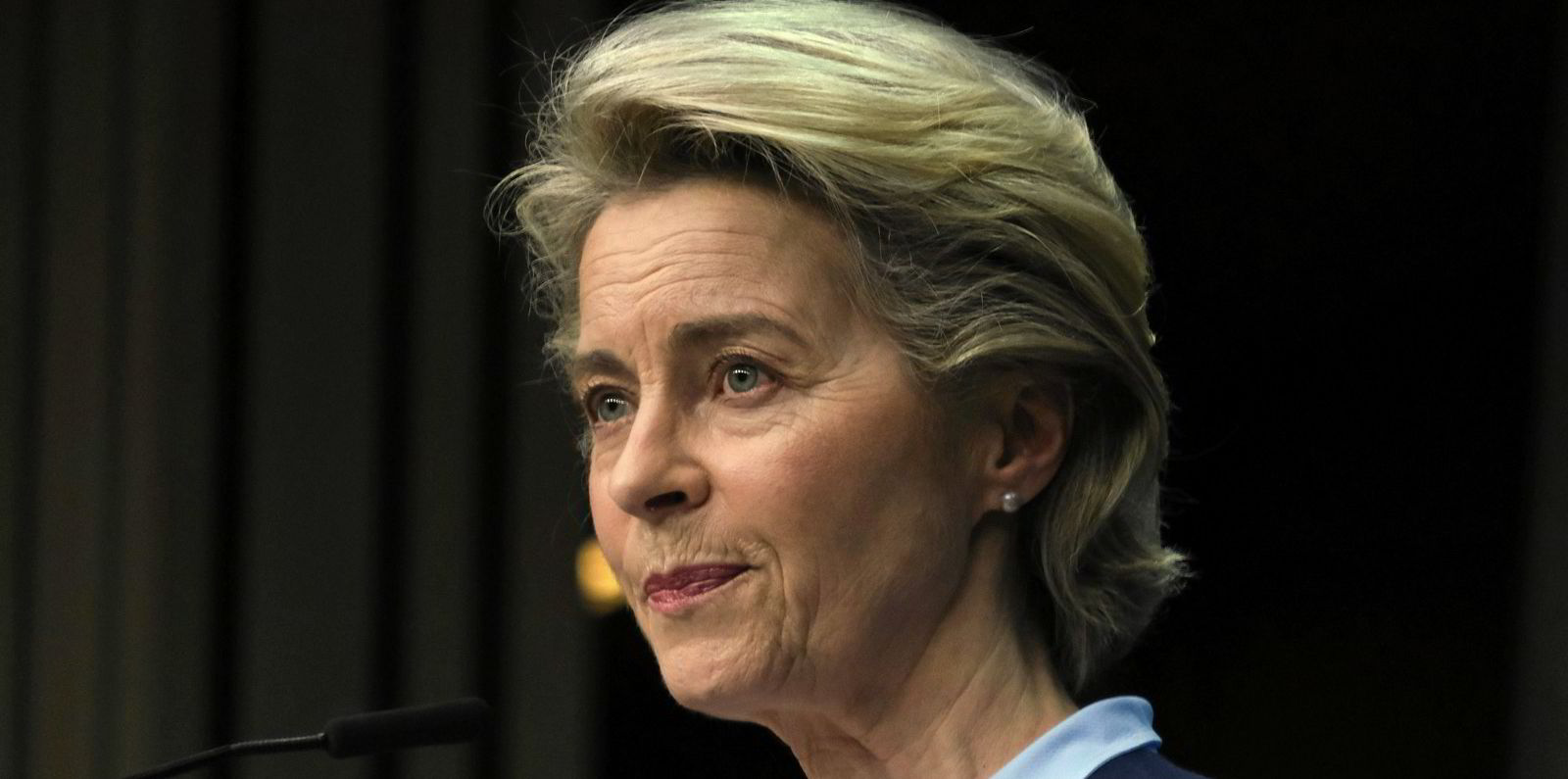An inconvenient truth has been spelled out by the head of fuel decarbonisation at commodity trading group Trafigura.
“The whole industry will become uninvestable" if an effective market-based measure to incentivise the use of low and zero-carbon fuel is not adopted, according to the trader's global head of fuel decarbonisation, Rasmus Bach Nielsen.
He expressed this view in favour of the International Maritime Organization adopting a meaningful carbon levy at a webinar organised by law firm Watson Farley & Williams.
Without this action, he argued, it would be impossible to head off regional emissions trading schemes in Europe and the US.
“There’s a huge risk for the shipping industry if it does not push this up the [IMO] agenda,” he said in words reported by TradeWinds Editor-in-Chief Julian Bray.
The Trafigura man is right, but I suspect he is also too late.
As usual the slow-steaming IMO, with its unwieldy cargo of squabbling members, is finding it hard to win a consensus.
As I argued last week, I think the European Union will proceed with its own emissions trading scheme, albeit one that can be wrapped inside any future global initiative from the IMO.
Bach Nielsen, a Dane who started his shipping career with AP Moller-Maersk, is not new to this carbon debate.
But this is his strongest warning yet about fiddling while Rome — or rather the world — burns.
The Trafigura man has already proposed to the IMO that it adopt a “feebate” system to decarbonise shipping.
'Feebate' system

This would be self-financing — a levy charged on the use of fuels with a CO2-equivalent intensity above an agreed benchmark level.
The feebate would be used to subsidise fuels with a CO2-equivalent profile below that level.
The likely cost of the levy would be an eye-watering but probably realistic $250 to $300 per tonne of CO2 equivalent.
This is a far cry from the $2 per tonne tax on bunker fuel put forward by the IMO to fund a $5bn research and development fund.
But as Bach Nielsen — and my colleague on the opposite page — points out, the IMO claimed “moonshot” is more of a doomed shot, woefully inadequate.
Trafigura is a company itself that has shown change is possible. Not so very long ago it had a very tarnished reputation
So why should we listen to Trafigura? For one it is a massive shipper, which has anywhere between 200 and 300 chartered vessels on the water at any one time.
The company knows how to make money: lots of it. Trafigura had revenues of nearly $150bn annually.
And it is willing to think outside the box.
It recently signed a joint letter with green group Transport & Environment calling on the EU to back ammonia and hydrogen as future ship fuels.
Bach Nielsen believes change is in our grasp with ammonia-fuelled ships ready by 2024, but at a cost.
The nettle that must now be grasped is the price of innovation — which is going to be very high, hence his $200 to $300 levy.
Many shipowners believe they cannot shoulder the price themselves but will not be able to pass decarbonisation costs on to charterers. But this is the battle that needs to be won. Everyone must pay for the cost of clean shipping — as indeed we pay in planetary breakdown by continuing with carbon-heavy bunkers.
Trafigura is a company itself that has shown change is possible. Not so very long ago it had a very tarnished reputation, even in a sector which positively revelled in its “bad boy” image.
Trafigura was formed by two traders who left an earlier business run by Marc Rich, who was accused by the US of tax evasion and sanctions busting in Iran.
Hot water
He was pardoned as Bill Clinton left the US presidency in 2001, while Trafigura went on to become embroiled in its own scandals.
Whether it was well-documented accusations of toxic waste dumping in the Ivory Coast or its own alleged sanctions busting in Iraq, it seemed to have a knack of getting itself into hot water.
Now, you will find its website leading on a 2020 Responsibility Report which claims that it wants to lead the commodity trading sector in transparency and in high ethical standards.
Certainly its strong stance on decarbonisation is welcome, and we need plucky insiders such as Bach Nielsen to pierce industry inertia, negativity and panic.





